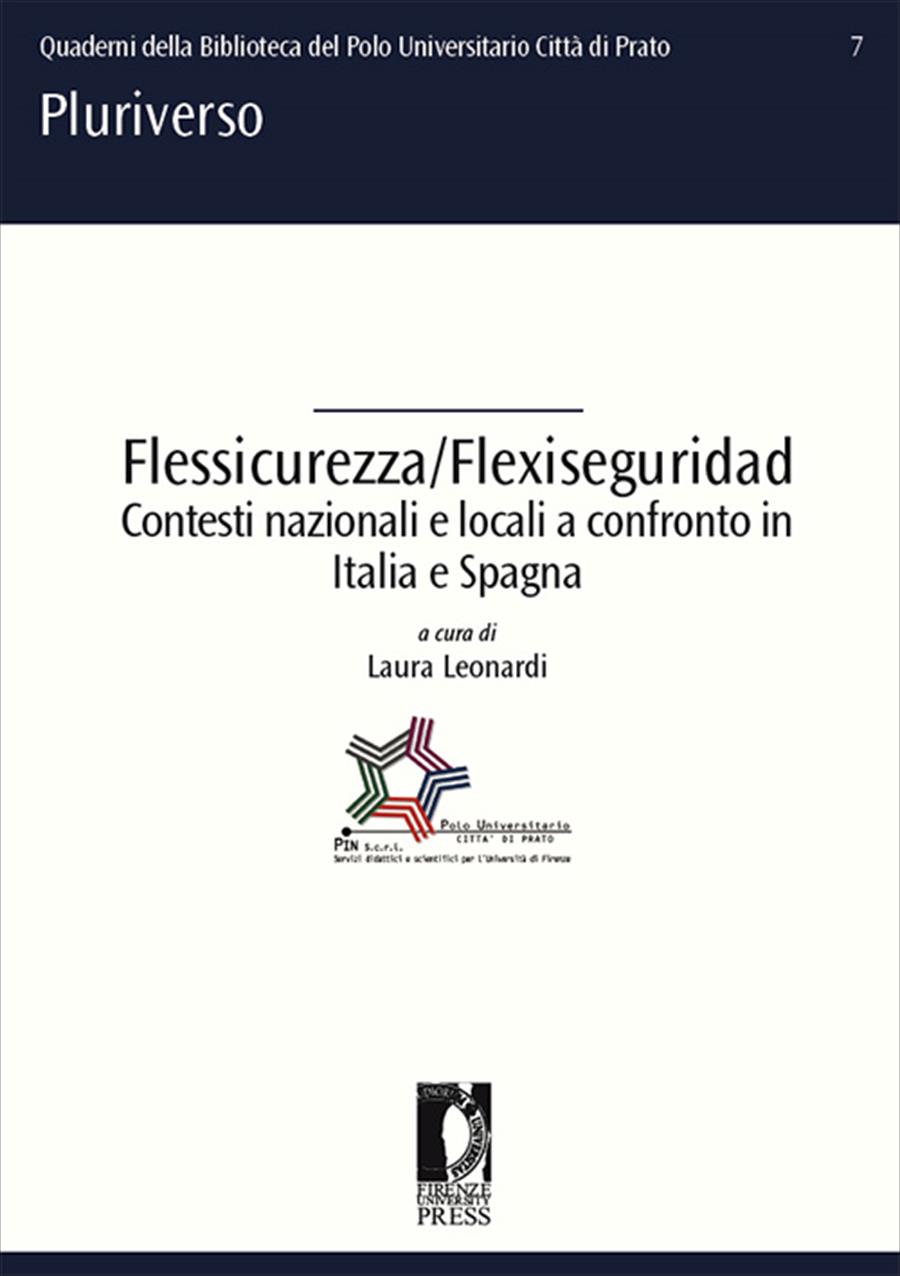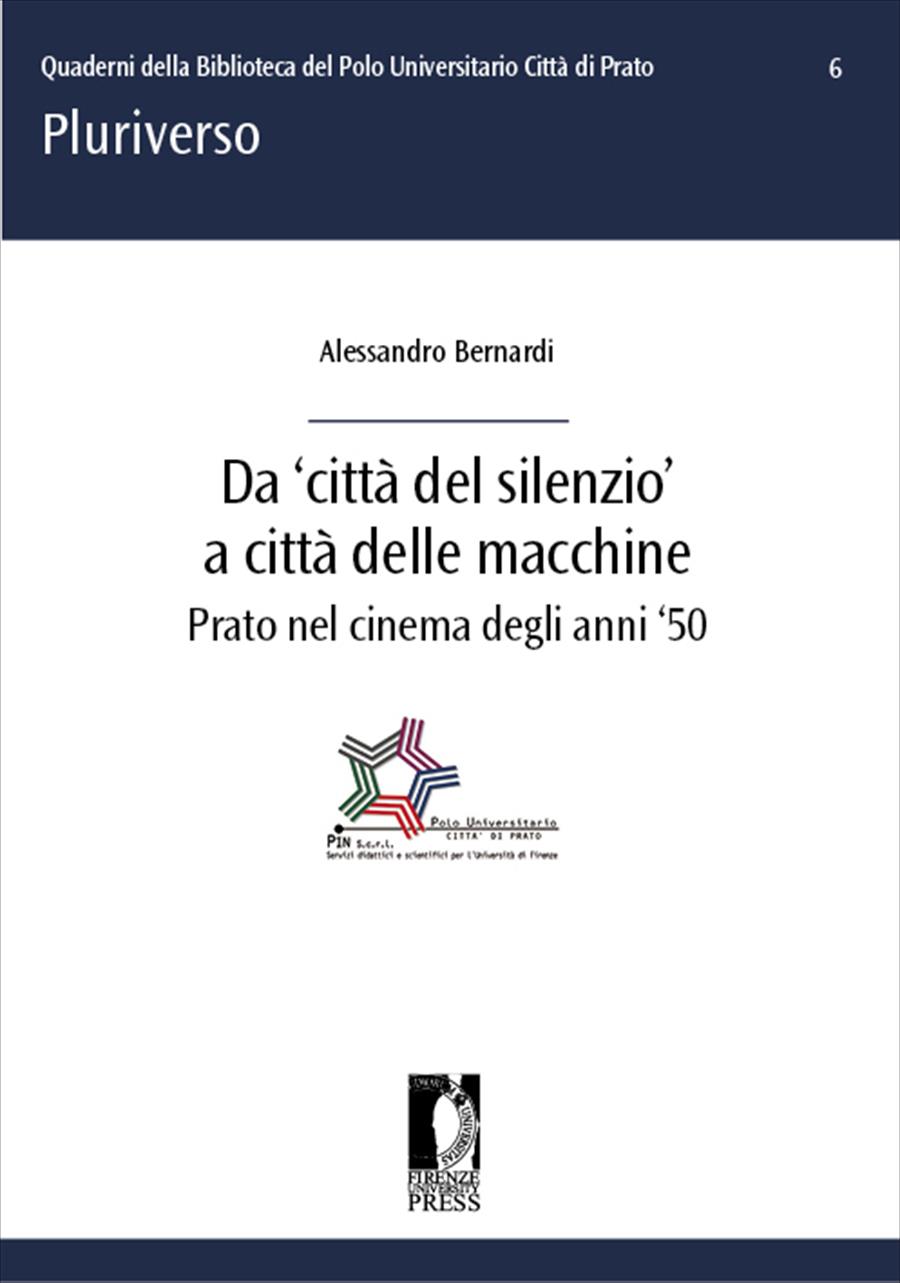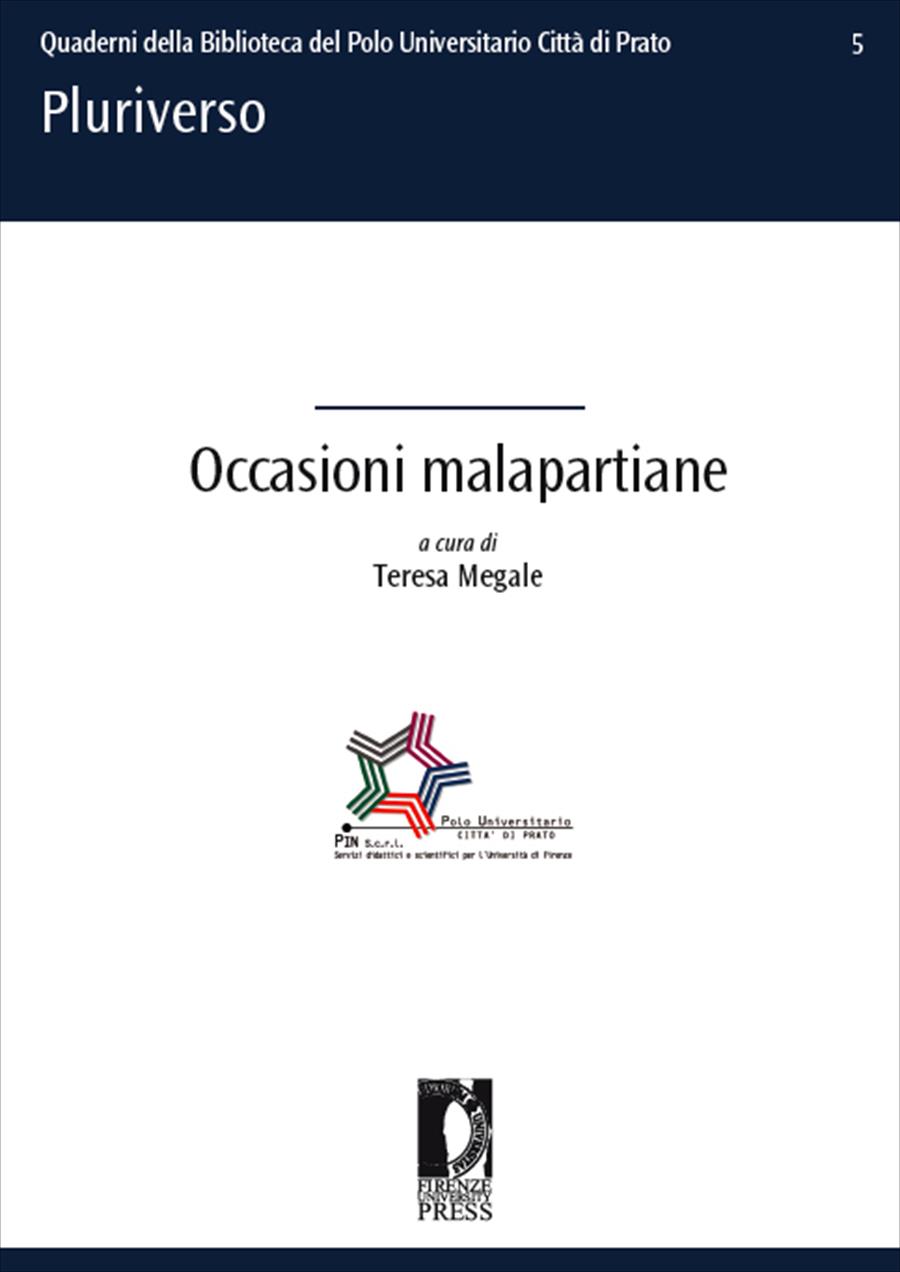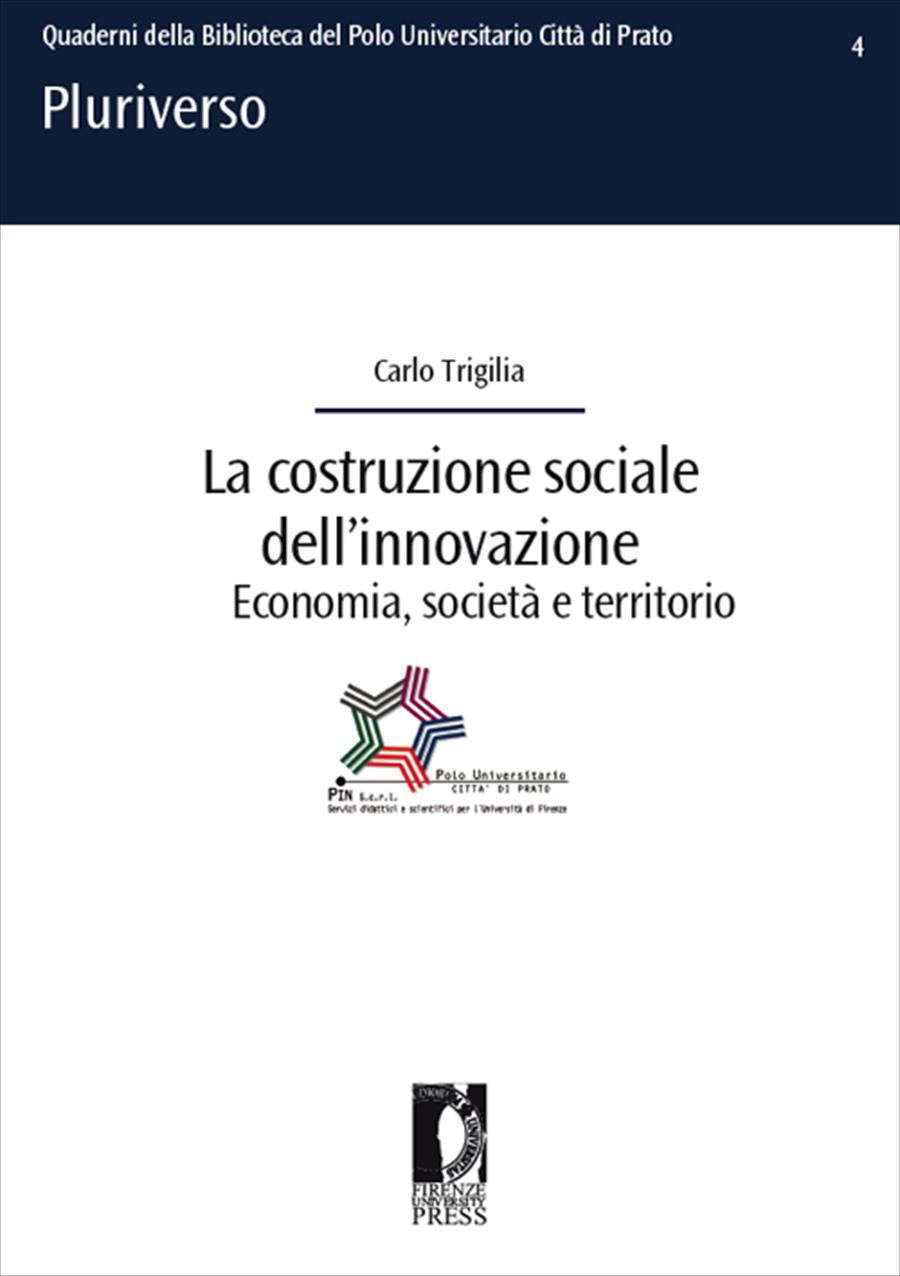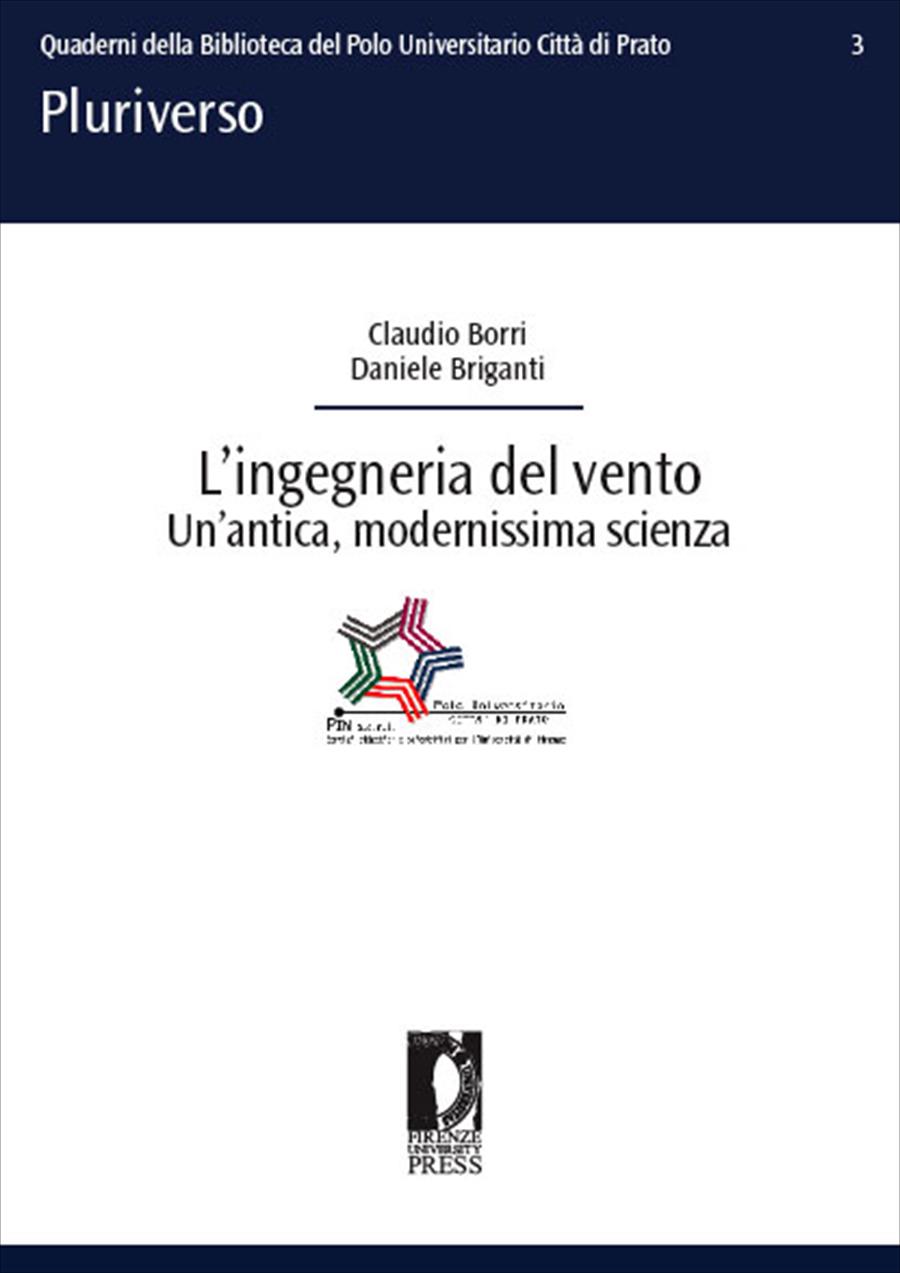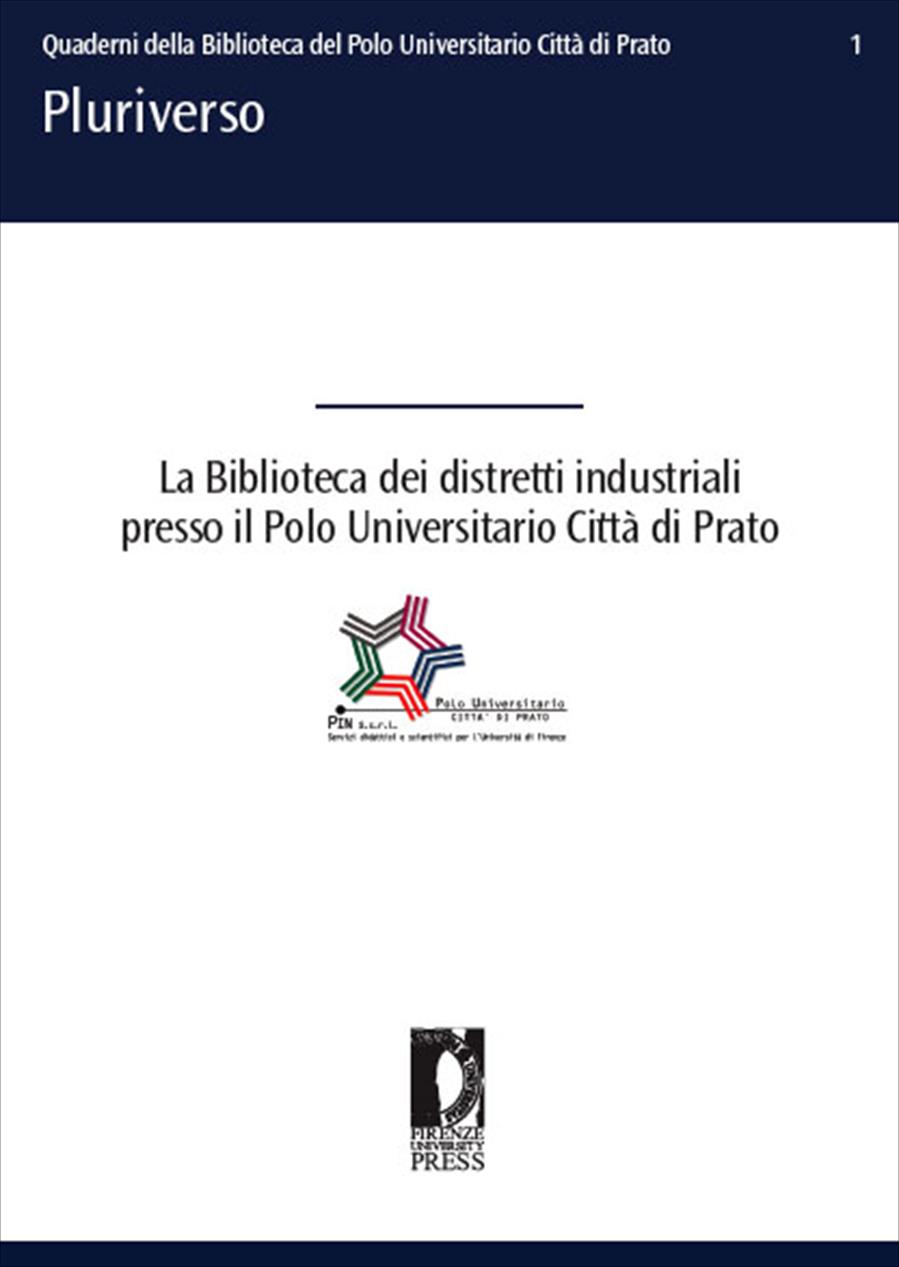Flessicurezza/Flexiseguridad
Contesti nazionali e locali a confronto in Italia e Spagna
- Edited by:
- Laura Leonardi,
The strategy of flexicurity was adopted as a model by the European Union and proposed to all the Member States as a solution for addressing the challenges connected with the competitiveness and instability of the markets, with a view to enhancing employment levels and maintaining social cohesion. The various contributions in this book analyse the concept of flexicurity and its effective feasibility in different institutional contexts, in particular Italy and Spain and – at regional level – in Tuscany and Catalonia. The consequence of the variety of employment and social security models is that the meanings and manifestations of flexicurity are highly divergent, even in cases as analogous as Spain and Italy, since the different contexts generate significant differences. The overall analysis demonstrates that the forms of regulation and organisation of the social institutions, and their complementary nature, have a major impact on the relations between forms of flexibility and security, and do not always give rise to the virtuous process of flexicurity.
- DOI: 10.36253/978-88-6655-097-6
- Series: Pluriverso – Quaderni della Biblioteca del Polo Universitario di Prato
- Scientific Board
- Language: Italian
- Subjects: Sociology
University of Florence, Italy - ORCID: 0000-0002-7667-0479
Among her publications on this subject we can mention: "Flexicurity e capabilities: i vantaggi di un approccio integrato e individualizzato", in Alacevich, F. (editor) Competitività e inclusione nel mercato del lavoro, Edizioni Plus, Pisa, 2006; "Capacitazioni, lavoro e welfare. La ricerca di nuovi equilibri tra stato e mercato: ripartire dall'Europa?", in Stato e mercato, no. 85, Il Mulino, Bologna, 2009, and "Il modello sociale europeo", in Bettin Lattes G. (editor), Europa. Pensieri e parole di sociologia, Monduzzi, Bologna, 2010.
- Publication Year: 2011
- Pages: 100
- eISBN: 978-88-6655-097-6
- Content License: CC BY 4.0
- © 2011 Author(s)
- Publication Year: 2011
- Pages: 100
- ISBN: 978-88-6655-095-2
- Content License: CC BY 4.0
- © 2011 Author(s)
Bibliographic Information
Book Title
Flessicurezza/Flexiseguridad
Book Subtitle
Contesti nazionali e locali a confronto in Italia e Spagna
Editors
Laura Leonardi
Peer Reviewed
Number of Pages
100
Publication Year
2011
Copyright Information
© 2011 Author(s)
Content License
Metadata License
Publisher Name
Firenze University Press
DOI
10.36253/978-88-6655-097-6
ISBN Print
978-88-6655-095-2
eISBN (pdf)
978-88-6655-097-6
eISBN (xml)
978-88-9273-654-2
Series Title
Pluriverso – Quaderni della Biblioteca del Polo Universitario di Prato
Series ISSN
2704-5757
Series E-ISSN
2705-0394
